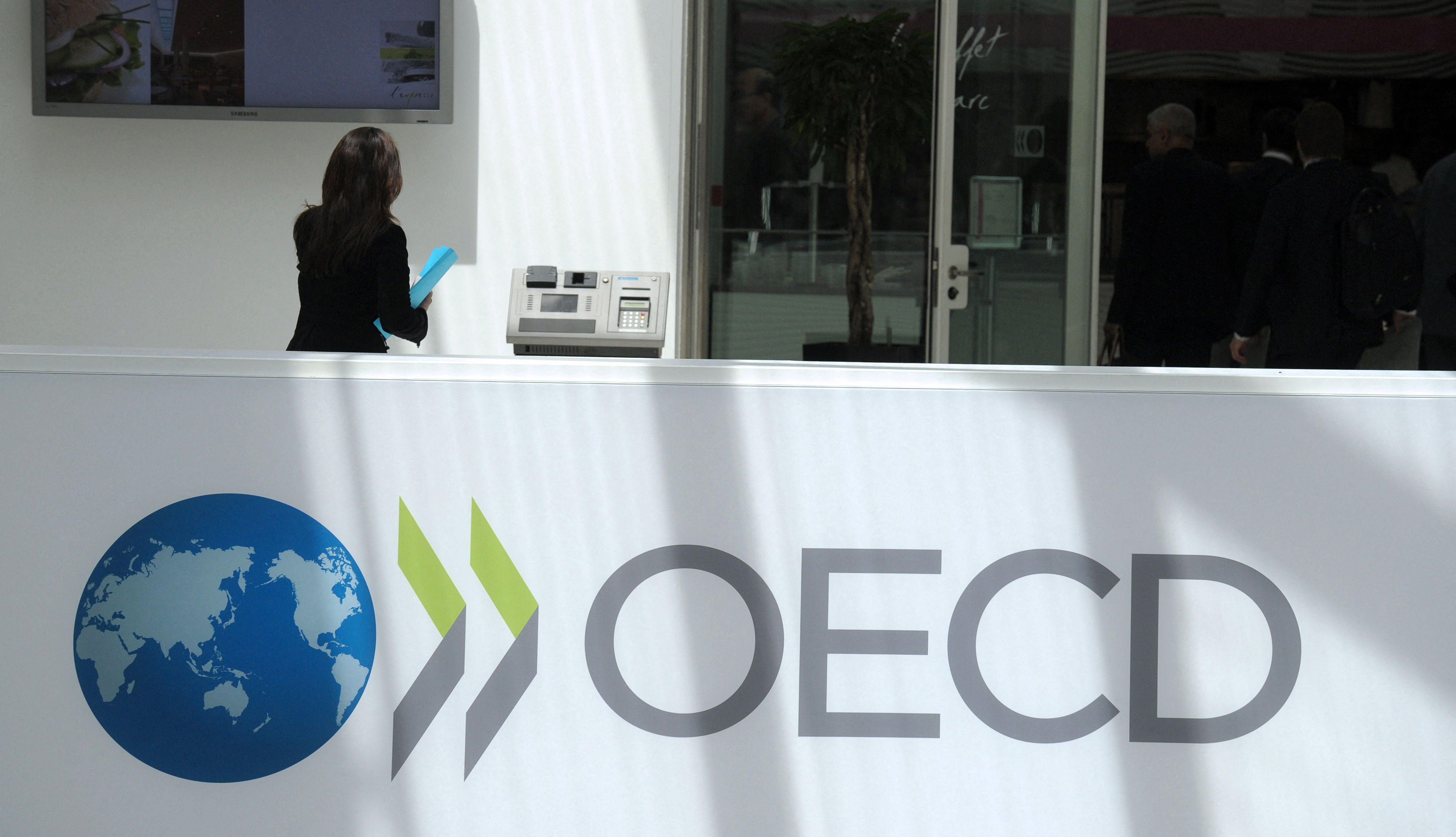OECD insists on new measures to reduce Belgium's public debt

New fiscal measures are necessary to ensure the sustainability of Belgium's public finances in the face of high public debt, said a note published by the Organisation for Economic Cooperation and Development (OECD) on Wednesday. The note addresses the latest economic forecasts from the international organisation of industrialised countries.
According to the OECD, Belgium's budget deficit will rise to 5.2 per cent this year and remain at 4.6 per cent in 2024. The high debt ratio poses "macro-financial risks" and limits the margin for public investment, the organisation states.
According to the OECD, "new fiscal measures are necessary to reduce negative effects of public debt on the economy." Those measures are also needed to avoid a "correction" that would come after "pressures from an adverse change in market sentiment". The organisation notes that spending is at risk of rising due to an ageing population, climate change and rising interest rates.
"New fiscal measures are necessary to reduce negative effects of public debt on the economy"
According to the OECD, policies to bring more women into the labour market can support stronger growth. Furthermore, there should be a stronger link between wage development and productivity in companies. The latter can mitigate the negative impact of wage evolution on international competitiveness.
Belgium's GDP growth will slow to 0.9 per cent in 2023, the note states. In 2024, economic growth is expected to accelerate to 1.4 per cent. "Inflation, tightening financing conditions and high uncertainty will weigh on domestic growth, while weak prospects for global trade will weigh on net exports," the organisation says. "In contrast, public investment, strong labour demand and automatic wage indexation will support [economic] activity."
© ERIC PIERMONT / AFP